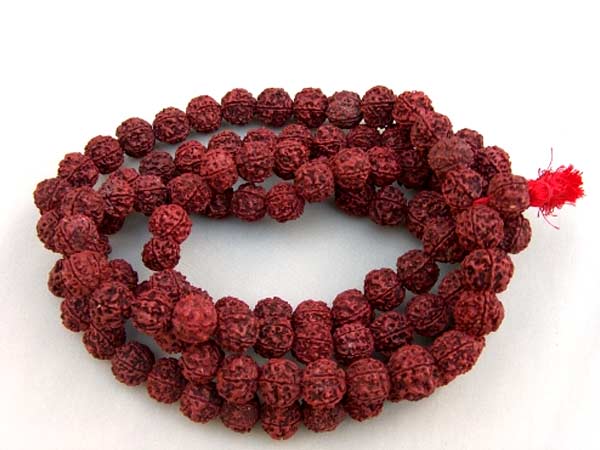Mala is considered to be one of the basics of Ayurveda. Here are its significance and importance.
Mala

Mala are the substances or waste matter to be thrown out of the body. They are actually by products formed as a result of various physiological activities going on in the body. Purish (stool), Mutra (urine) and Sweda (sweat) are considered as main excretory product of the body. These are also known as Dushya as these tend to be influenced to cause pathology or disease by imbalanced doshas. These are known as Mala due to its principle property of Malinikaran i.e. Toxification. Malas are the third in the trinity of the body after the other two- doshas and dhatus. According to Ayurveda, the only balanced condition of doshas, dhatus and malas is Aarogya (good health or disease free condition) and their imbalance causes ill health or disease.
Significance of Mala
As a result of metabolic processes being carried out in the body, essence of ingested food and waste products are constantly formed. If waste products are not being formed besides the essence i.e. beneficial products that nourish tissues, then metabolic process would be impaired ultimately leading to the formation of malformed tissues. So, there needs to be an appropriate segregation of essence of ingested food and waste product and excretion of the waste matter on appropriate time for maintaining health. Malas are actually the waste products of the body and their proper excretion from the body is essential, so that the proper health of the individual can be maintained because if the waste products are not thrown out they can toxify.
Three Forms Of Mala
Purish (stool)
Purish or Stool are human feces, a result of defecation. They are the waste product of the human digestive system. They vary in appearance from person to person depending on the state of the whole digestive system, influenced by diet and health. Normally stools are semisolid, with a mucus coating. Any discrepancy caused in its normal process of defecation can lead to constipation, diarrhea, flatulence, heaviness or pain.
Mutra (Urine)
Urine is another important excretion from the human body. It is actually a liquid waste product of the body secreted by the kidneys through a phenomenon of filtration from blood. In human body, it is excreted through the urethra. Any imbalance like increased or decreased urine can lead to problems like urinary infections, kidney stones, abdominal pain and various bladder disorders.
Sweda (Sweat)
Sweating or Perspiration is known as Sweda in the terms of Ayurveda. It is basically a fluid that comes out of skin pores and primarily consists of water as well as various dissolved solids. It is basically a means of thermoregulation in human body. Any imbalance in sweat production can lead to itching, skin infections, irritation, burning sensation of body or reduced body temperature.



